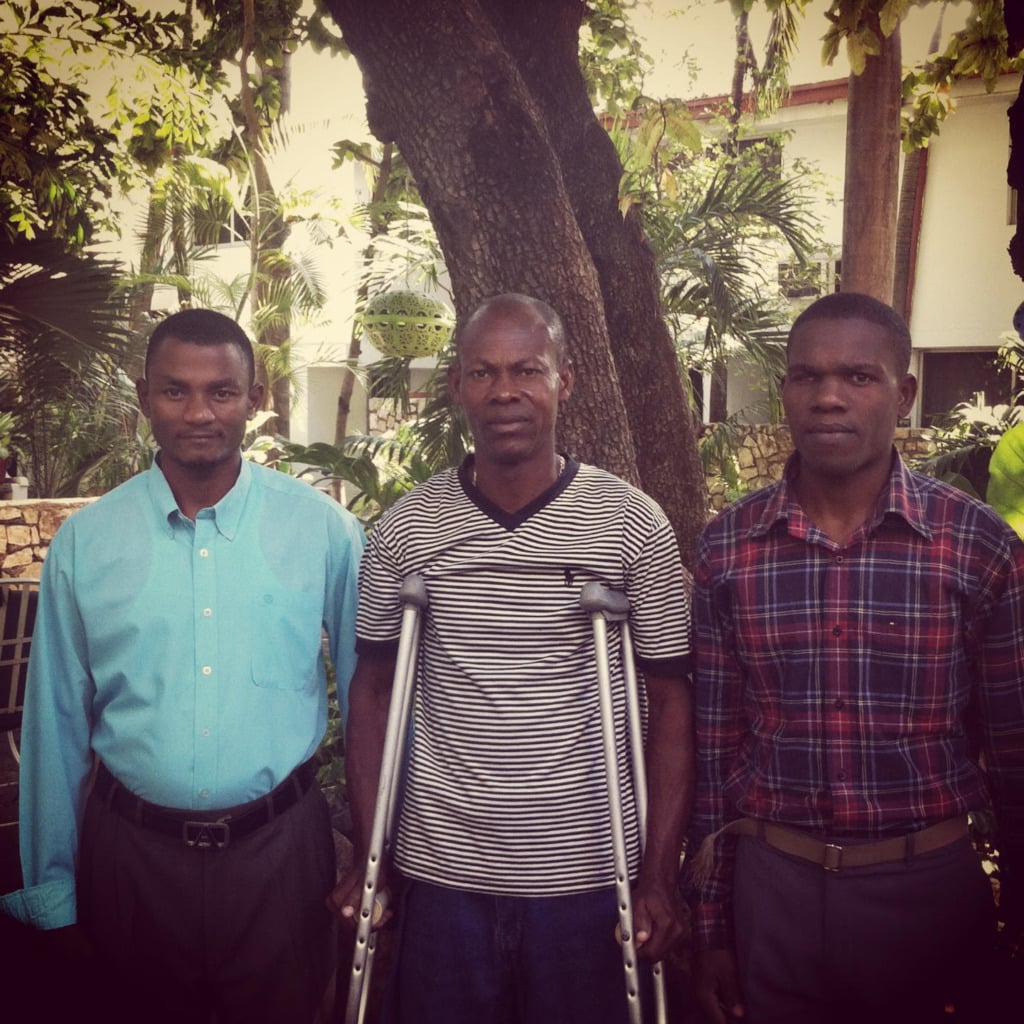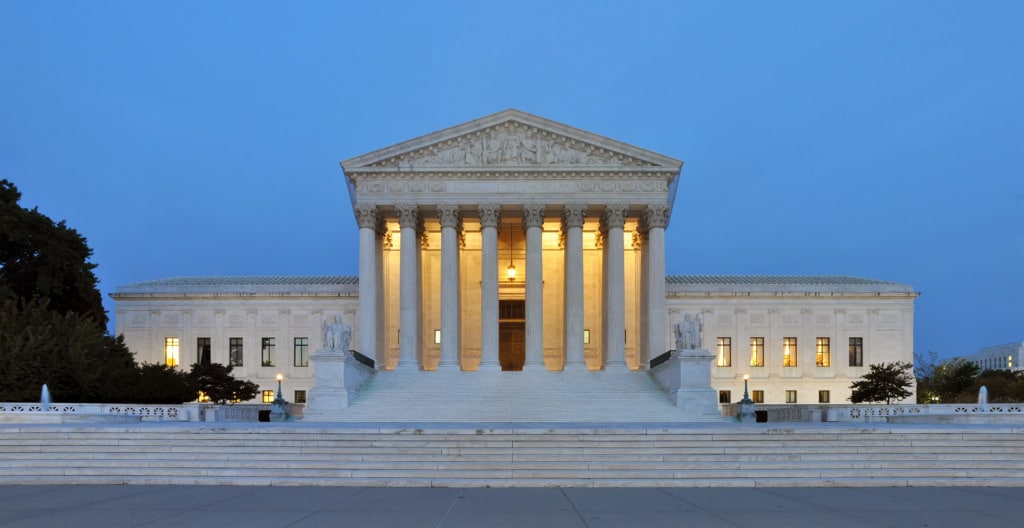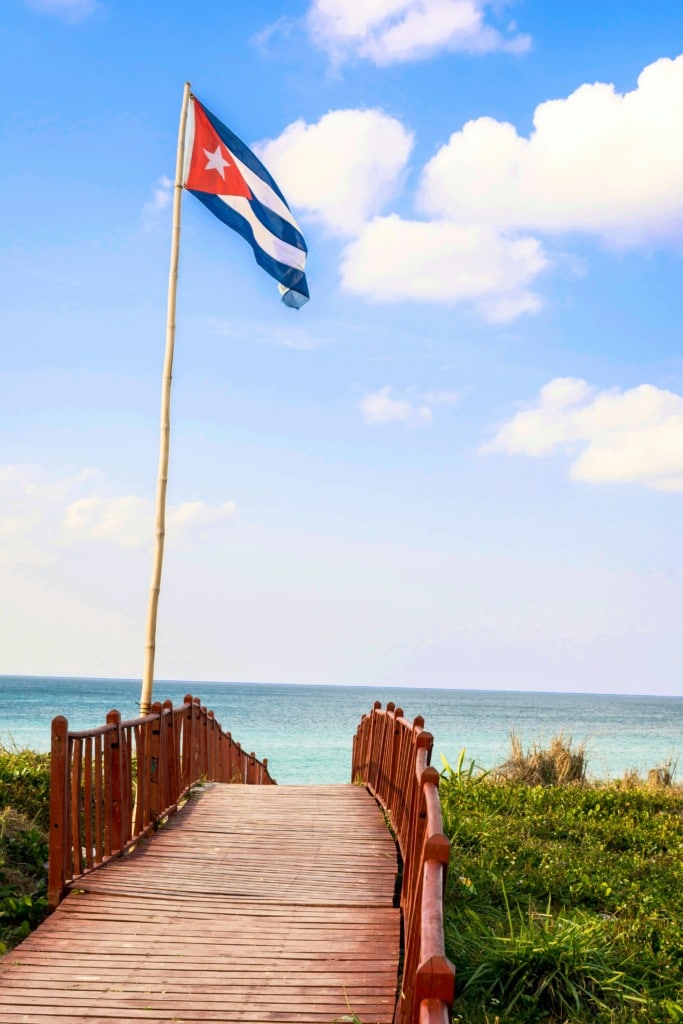Trademark Infringement and Exports after Abitron
Two years ago, in Abitron Austria GmbH v. Hetronic International, Inc. (2023), the Supreme Court applied the presumption against extraterritoriality to the federal trademark statute (the Lanham Act), holding that the Act applies only to domestic conduct. Abitron involved imports. Products bearing an infringing trademark were made abroad, some of which were sold, directly or…
Continue ReadingA Win for Helms-Burton Plaintiffs, But Potential Loss for US Companies
On July 30, 2025, the U.S. Court of Appeals for the Eleventh Circuit vacated a district court’s decision dismissing José Ramón López Regueiro’s case against American Airlines and LATAM Airlines under Title III of the Helms-Burton Act. The court of appeals remanded, holding that the district court’s interpretation of the citizenship prerequisites in Helm-Burton conflicted…
Continue ReadingFirst Circuit Remands Constitutionality of the TVPA to District Court
In Boniface v. Viliena, a Massachusetts jury found a former Haitian mayor liable under the Torture Victim Protection Act (TVPA) for extrajudicial killing, attempted extrajudicial killing, and torture, awarding the three plaintiffs $15.5 million in compensatory and punitive damages. On appeal to the First Circuit, the defendant’s principal arguments were (1) that the TVPA does…
Continue ReadingRecent Developments in Helms-Burton Litigation
It is a busy time in the Helms-Burton world. With a $29.8 million jury award in Florida, major developments in the law of personal jurisdiction, several notable court of appeals decisions, and two recent CVSGs, there is a lot going on. That stands to reason. It was 2019 when the first Trump administration lifted the…
Continue ReadingCourt Allows Claims of Forced Labor to Build World Cup Stadiums
On June 26, 2025, in F.C. v. Jacobs Solutions Inc., Magistrate Judge Cyrus Y. Chung (District of Colorado) partly granted and partly denied a motion to dismiss claims against U.S. companies under the Trafficking Victims Protection Reauthorization Act (TVPRA) alleging their participation in a venture that used forced labor to build stadiums in Qatar for…
Continue ReadingState Presumptions Against Extraterritoriality Apply to State Statutes
At TLB, we write a lot about extraterritoriality in general and about the federal presumption against extraterritoriality in particular. For the last three decades, the federal presumption has been the principal tool that courts have used to determine the geographic scope of federal statutes. But what if the statute in question is a state statute?…
Continue ReadingDoes the Securities Exchange Act Apply to Short-Swing Profits Abroad?
Section 16(b) of the Securities Exchange Act requires statutory “insiders” of companies that are registered with the Securities Exchange Commission (SEC)—such as officers, directors, and certain beneficial owners—to disgorge profits from “short-swing” trading within a six-month period. It is a strict liability provision that does not depend on the insiders’ intent. On May 23, 2025,…
Continue ReadingHalkbank Files New Cert Petition
Halkbank, a Turkish state-owned bank accused of violating U.S. sanctions on Iran, filed a petition for certiorari last week seeking a second chance to convince the Supreme Court that it is immune from criminal prosecution in the United States. In its first trip to the Court, back in 2023, Halkbank argued that it was entitled…
Continue ReadingWhen Is a Securities Transaction “Domestic” Under Morrison?
In Morrison v. National Australia Bank (2010), the Supreme Court held that § 10(b) of the Securities Exchange Act applies only to “transactions in securities listed on domestic exchanges, and domestic transactions in other securities.” This holding doomed the securities fraud claims in Morrison because the plaintiffs purchased their shares on the Australian Securities Exchange….
Continue Reading$29.8 Million Judgment in First-Ever Helms-Burton Jury Trial
A Cuban-American plaintiff has won a major jury verdict in the Southern District of Florida against four corporate defendants associated with Expedia Group. The case involves an island off the coast of Cuba, which the plaintiff, Mario Echevarría, claimed was expropriated from his family in 1959. The defendants provided digital platforms that allowed travelers to…
Continue Reading







